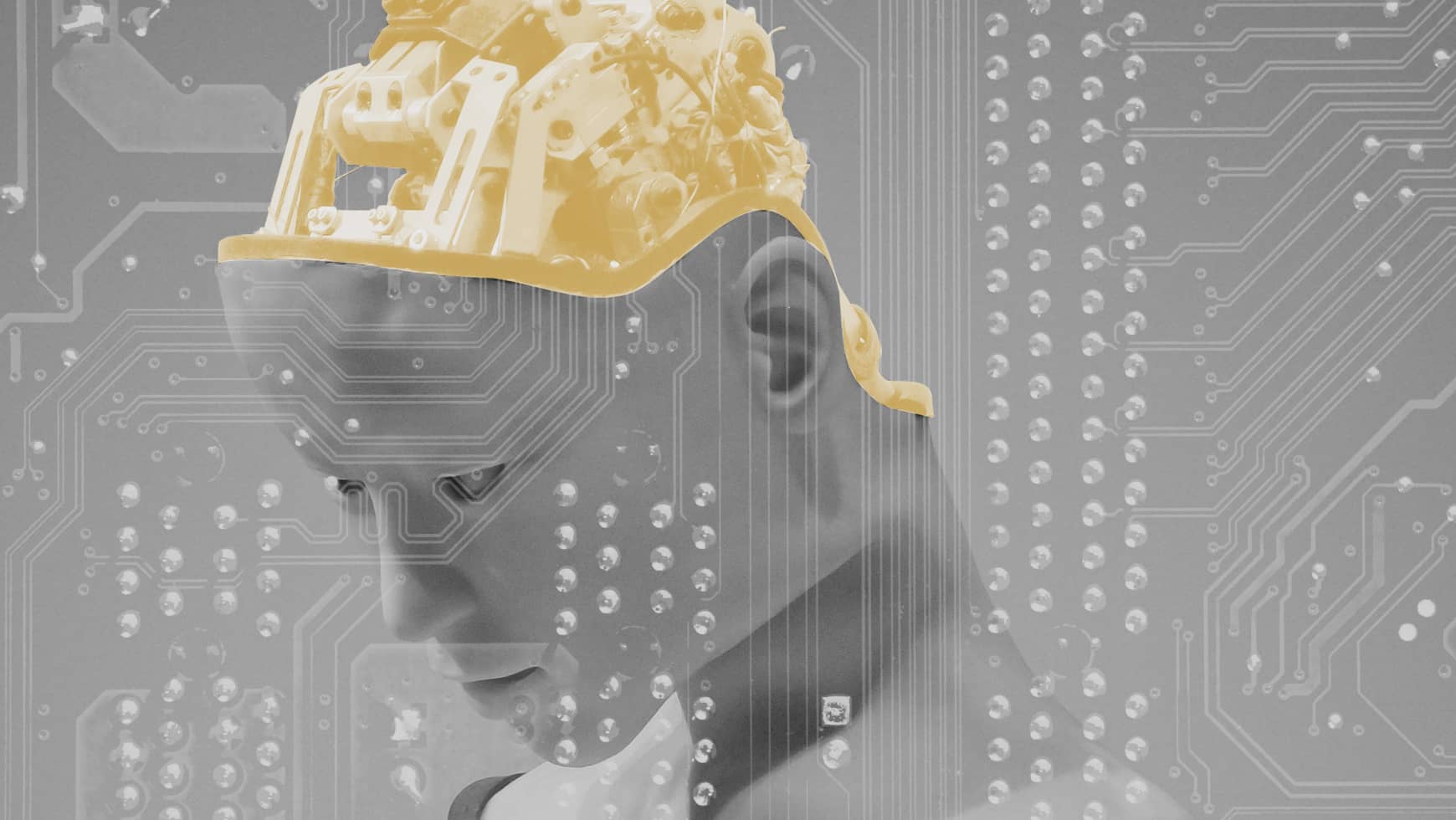What is AI, Really?

"Robots aren't here to take away our jobs, they're here to give us a promotion."
- Manjunath Bhat, Research Director at Gartner
Judging by a recent list of top emerging jobs, you need to read this article if you can't easily answer this question: What are Artificial Intelligence and data science?
On LinkedIn's recently published Annual Emerging Jobs Report for 2021, they list the leaders in emerging job opportunities in 11 different countries worldwide.
And these 3 topped the list:
- Artificial Intelligence Specialist
- Specialized Engineers
- Data Scientist
Remember these: They will all shape the future in ways you cannot even begin to imagine.
What's the Hype with AI, Anyway? Why Now?
Businesses often think AI and data science are only concepts "out there" that would be great to understand and maybe even implement when they can come up for air. But for many, however, that time never seems to come.
AI and data science are simply impacting every industry. And right now, most of the workforce lacks this kind of expertise.
It is doubtful that we'll see business as usual for employees who perform routine tasks and make non-critical decisions. Some jobs will certainly be eliminated.
But this isn't a reason to panic, according to Tom Davenport, Professor of Information Technology and Management at Babson College and co-founder of the International Institute for Analytics.
He urges organizations to shift from a mindset where employees become displaced by AI to one where employees are instead supported, complemented, and augmented by AI.
"Employers must be convinced that the combination of humans and computers are better than either working alone." -Tom Davenport.
Davenport also advises employees to reimagine how they can perform their jobs more effectively with the power of AI.
And he challenges employers to do the same and says in his book Only Humans Need Apply: Winners and Losers in the Age of Smart Machines, "each time I hear of a company laying off employees because of hyper automation, I think of it as a failure of leadership."
The new normal that emerges almost every day will require the global workforce to adapt and learn new skills. This will be critically important in remaining qualified for an existing career or pursuing a new one.
Three main factors causing AI to be the "it" technology of the moment include lower costs, more data, and organizations getting some experience under their belts with the algorithms that make AI possible.
What Is AI?
Today, the term AI has become such a catch-all that it is crucial to revisit the real definition.
The technical definition, according to Gartner, is:
“AI applies advanced analysis and logic-based techniques, including machine learning, to interpret events, support and automate decisions, and take actions.”
In other words, AI is when machines learn from experience, make adjustments for new input, and perform human-like thought processes and tasks.
Early work paved the way for today's AI.
The first mechanical calculating machine was developed almost four centuries ago. And the first programmable machine came along 200 years later.
In 1965, the first natural language program—almost like a chatbot—was created. Now, it seems that every day there is a new development.
Today's AI deals with more data and more computing power. Massive amounts of both. AI in 2020 enables machines to replicate higher-order logic that traditionally only took place in the human brain. Processes like perception, cognition, prediction, strategic planning can now be done "artificially" when properly programmed.
And it goes one step further—this is the scary part. With machine learning, computers can perform that same high-level thinking without being programmed. Essentially, the data does the programming.
What is Machine Learning?
Without being "taught" by the programmer, machines "learn" from the data and their own experience to solve a problem.
- The machine combs through that massive amount of data we talked about earlier to figure out which data sets are necessary and which can be put aside.
- The machine then selects the most meaningful data and designs an appropriate algorithm to produce an iterative model that is repeatedly refined and optimized.
- The more data you feed to the machine, the more accurate the model becomes.

What Is the Difference Between Data Engineering and Data Science?
The point where data engineering ends, and data science begins is not always very clear. And the two terms are often mistakenly used interchangeably.
The skills required for and the final product of both disciplines might seem very similar. However, when it comes to focusing, this is where the two diverge:
- Data engineering focuses on designing architecture and building infrastructure for producing data.
- Data science focuses on advanced mathematics that statistically analyzes that data to identify trends and relationships within the data.
Data engineering is essential because the organization with the best data in any industry is the winner. However, insights from the data must be extracted and organized in a meaningful way. This is the job of the data scientist.
And the answers to an infinite number of problems are inside the data. Data scientists extract those answers to address the needs of the business, the needs of the final user, and beyond.
Since the two specialties are quite different, it is difficult to find anyone with both skill sets, hence the term "unicorn." Organizations must build a team where these two disciplines complement one another to work toward achieving business goals.
A Better Way to Think About AI and Data Science
It is better to think about automation as an inevitable change that will occur. These things are not going away, so there is no time like the present to begin.
Companies continue to increase spending on research, development, and deployment of AI and data science. And the competitive advantage is significant for those organizations that are willing to innovate and take risks. All this to be among the first to roll out AI solutions in new segments of their industry.
At Stateside, our passion is translating ideas into digital experiences. We helped implement an AI-powered virtual assistant for our client, LegalShield. This AI chat has helped Legalshield improve its efficiency, and its clients can get fast and accurate answers without having to make a call.
Whether your business is just getting off the ground or needs a redesign to accommodate a growing business, we can help with our professional website and mobile app development services.
Our certified engineers, developers, and designers can collaborate with your existing staff or serve as your on-demand development team.
Take the first step toward harnessing the power of modern technologies with Stateside. Contact us today.
Other Blogs
Are you interested in our staff outsourcing services? Check our frequently asked questions to find out more about us.
Our FAQDiscover our Client Referral Program - Earn commission for your business while also helping companies in your network build their technology dream teams with Stateside.
About ReferralsIf, after one month, you're not satisfied with the quality we deliver, we will void the first invoice and terminate the contract free of charge.
Hire Tech Talent

